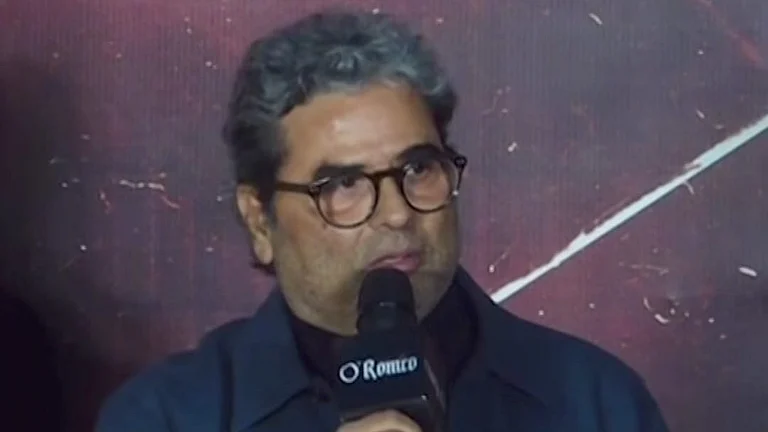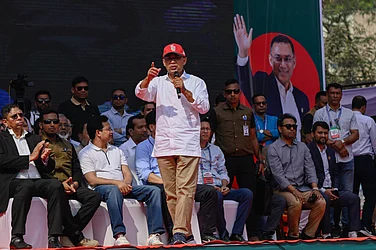When Showkat Ahmad Parray, 35, an additional excise and taxation commissioner posted in Punjab, decided to prepare for the civil services, he did not have any lofty aims in mind. “I had no desire to become an IAS officer. All I wanted was a job,” he says. There were few alternatives for Parray in rural Jammu and Kashmir. “When I realised that openings in veterinary science could be a long time coming, I considered the civil services as a career option,” he says.
Born in Vizir village of north Kashmir in a lower-middle-class family, Parrey studied at a village school. Later, he enrolled at a high school at Nowpora village, some three kilometres from his native place. Parray used to cover the distance on foot daily. After passing the higher secondary part II exams, he enrolled for a Bachelor of Veterinary Science course. He completed the degree in 2009.
“I started preparing for the civil services at home. I had little exposure. Until then, my only foray into the world outside was a school trip to Delhi after my Class 9 exam. I had collected some eight to 10 general-interest magazines and their contents were all I knew of current affairs. Those days, I was at home. I had no access to the internet and computer. I didn’t even have newspapers, let alone a mobile phone. Still, I managed to crack the exam.” In 2010, despite the obstacles, Parray qualified the UPSC examination and ranked 256. His father was a lineman in the power development department, a fourth-class employee, at that time. “In my second attempt, I got the 41st rank. It was fine—everyone cannot be a topper.”
Unlike many candidates, however, Parray insists that coaching would not have made a difference to his results. “If I took coaching, I would have ended up wasting six to eight hours every day. I believe many other candidates—about 30 to 40 per cent who qualify for the exam—do so without any coaching. The need for tuitions depends from individual to individual. There is no rule that you can qualify the exams only if you take coaching,” he explains.
Parray claims that most people who succeed in the exams are from middle- and lower-middle-class backgrounds. “Whatever your background, if you have the capability, I think you will be able to make it. Your financial background doesn’t matter,” he says. “Over time, I realised that candidates from rural areas don’t have many options,” he adds. “And when they see that many people from underprivileged regions are succeeding at the civil services, it motivates them. They think that if others can do it, they too can.”
ALSO READ
‘Our Education Must Be Culturally Rooted And Suit 21st Century Needs’


























